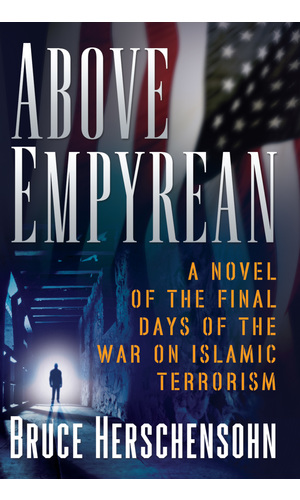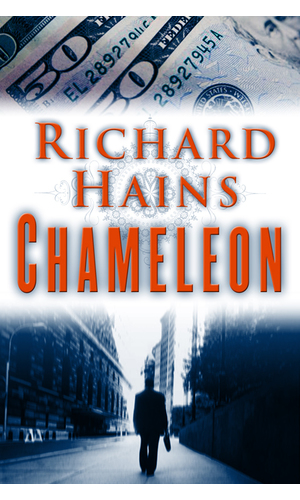For the last two weeks I have been traveling forty five minutes in the morning and forty five minutes in the evening, participating in a ritual that modern humans refer to as a “commute.” I stand or sit in the 1, 2, 3, 4, 5 or Q trains, and I try not to touch the people near me, although sometimes this cannot be avoided. This morning I touched a rabbi’s hand, for example. I try to focus on my shoes and discretely look out the windows to see whether I am close to my stop (I have not yet attuned my circadian rhythms to the subway system) and inevitably make eye contact with someone across from me. I look back at my shoes.
Such is the true life cliché that I live, a Californian transplant in New York City, used to my hermetically sealed box with wheels that modern humans refer to as a “car” but thrust into the sardine box/melting pot/other anthropological-food metaphor that is the MTA. It is both nerve-wracking and utterly boring, and so I have had to develop a few habits to keep my mind occupied in a productive way. Of course by habits I mean “podcasts,” and by develop I mean “find.” So, without further ado, here are some of the (writing-relevant) programs I have been listening to:
1. The New Yorker Fiction Podcast
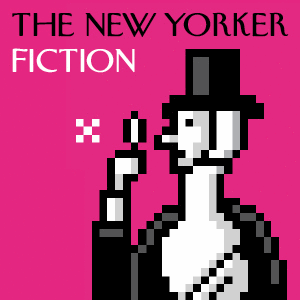
Are you a fan of Italo Calvino, Colum Mcann, John Cheever, Donald Antrim, Donald Barthelme, Denis Johnson, George Saunders, or any other authors published in the New Yorker? Do you appreciate an ethos of studious consideration of and respect for literature? Did you enjoy having stories read to you in soft tones as a child? Welcome to the New Yorker Fiction Podcast, brought to you by Deborah Treisman, the magazine’s very own fiction editor.
In this podcast, Treisman welcomes a New Yorker author, has them read their favorite story published in the magazine, and concludes by discussing with them the story they have read. The podcast is like a double feature in this way: not only do you hear the work of great literary geniuses that the magazine helped establish, you also learn the names and writer-ly habits of the next generation of literary geniuses fostered in its offices. Check in on the first of every month for a new update.
2. The New Yorker Political Scene
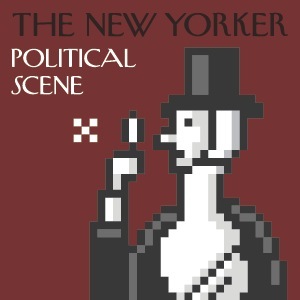
Dorothy Wickenden, who I recently heard lecture at Columbia, hosts this weekly podcast, in which she discusses new political events with New Yorker writers. Wickenden is the Executive Editor at the magazine; shrewd and gracious, she has a great radio presence. She also has the uncanny ability to speak in fully-formed paragraphs and speaks with an awesome but unplaceable accent. I highly recommend any of the podcasts that feature George Packer, famous for his books Assassin’s Gate and The Unwinding (and his general pessimism about America’s future). Check in on Wednesdays or Thursdays for new updates.
3. The New Yorker Out Loud
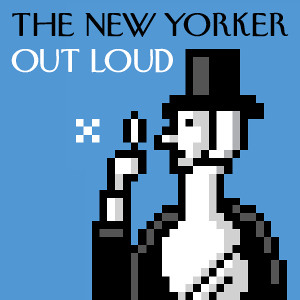
The New Yorker Out Loud has two hosts. The first is Colin Fox, who is an editor of the website and introduces the podcast. The second host, Sasha Weiss, who is the literary editor of the magazine, usually interviews one New Yorker writer about their piece that came out that week. It’s great and highly variable. My favorites are the ones with Emily Nussbaum, the magazine’s TV critic, a former PhD candidate and writer for Lingua Franca. Check in on Mondays for new updates.
4. Longform

Longform.org is a website that aggregates long-form journalism from both the past and the present. You can find both the famous “Frank Sinatra Has a Cold” and the newest profile in GQ, so long as it isn’t behind a pay wall. They are also lucky to have their offices right across the hall from the Atavist, a similar upstart founded by Evan Ratliff, Jefferson Rabb, and Nicholas Thompson that created a platform for multimedia storytelling.
I haven’t quite figured out whether these two companies distinguish between themselves (since Evan Ratliff often serves as a host and has been interviewed on the podcast and in his interview referred to “the office” as if it was the Atavist office), nor can I figure out who the host is. Regardless, they have managed to interview really awesome talents like Jay Caspian Kang, Molly Young, and Emily Nussbaum. Writers interviewing writers about writing is the premise; the shows last for 45 minutes to an hour; check in Wednesdays for new content.
All of these podcasts are free and available on iTunes. So go subscribe! Expand your mind amidst the metal squeals and casual intimacy of Gotham’s subway.
Happy listening,
BEAUseph Conrad
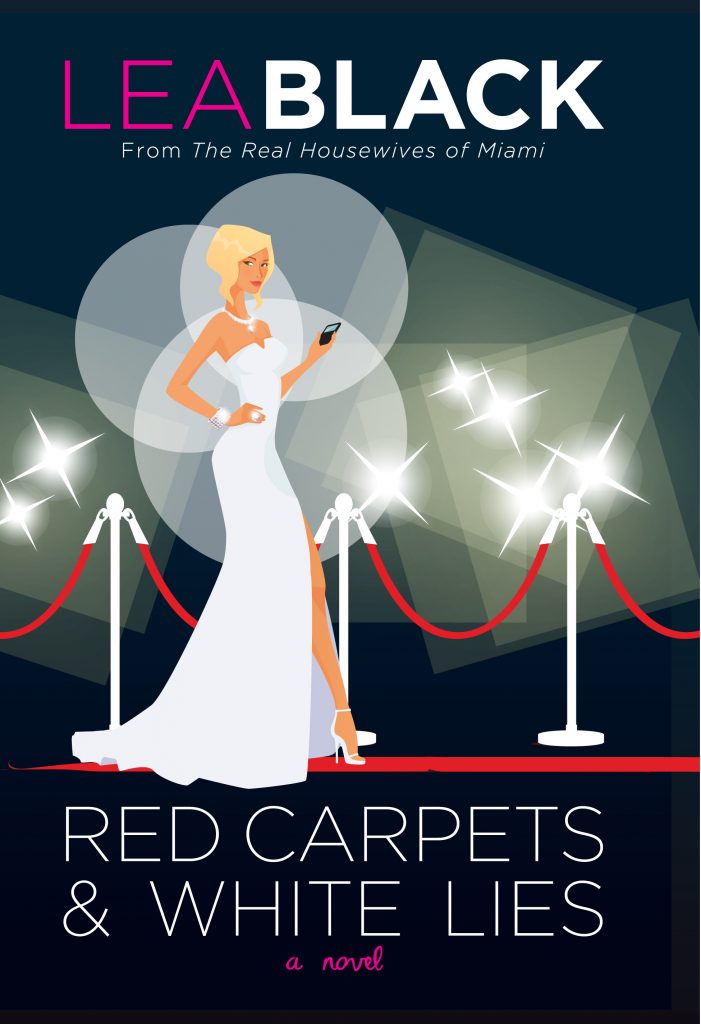
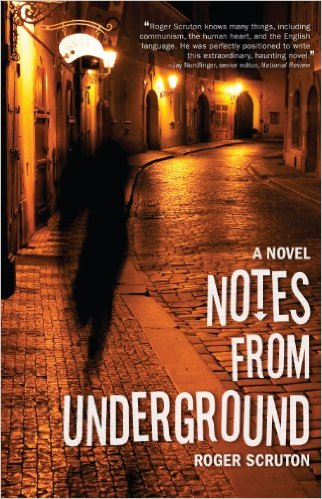


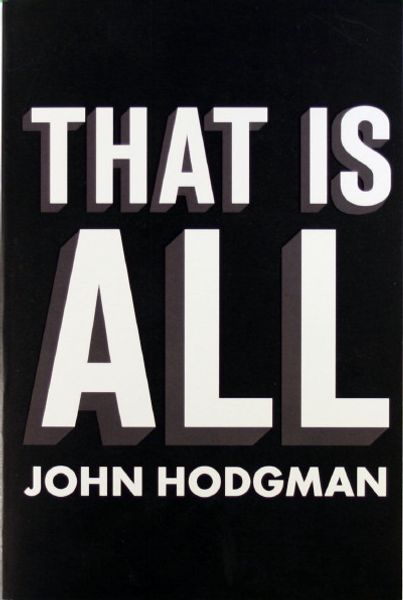






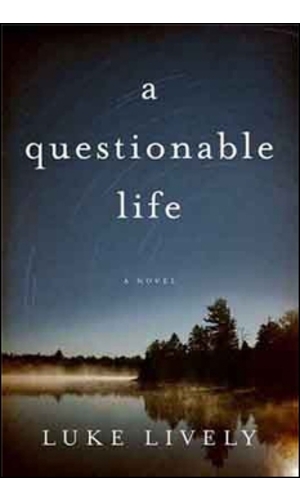
 With The Living Reed, Ms. Buck has created a story of Korea in transition to the modern world through her characters. The sweep of history and the excitement of great events provide only part of the book’s power: The story is of a closely knit family dedicated to the salvation of their homeland, the preservation of their culture, and a move into the modern world from the archaic ways of the past. Korea, the golden pawn in the midst of the past. Korea, the golden pawn in the midst of centuries of struggle between China, Russia, and Japan, is finally on the brink of becoming independent.
With The Living Reed, Ms. Buck has created a story of Korea in transition to the modern world through her characters. The sweep of history and the excitement of great events provide only part of the book’s power: The story is of a closely knit family dedicated to the salvation of their homeland, the preservation of their culture, and a move into the modern world from the archaic ways of the past. Korea, the golden pawn in the midst of the past. Korea, the golden pawn in the midst of centuries of struggle between China, Russia, and Japan, is finally on the brink of becoming independent.

 A’isha bint Abi Bakr is the daughter of a rich merchant from Mecca in the harsh, exotic world of seventh-century Arabia at the time of the foundation of Islam. When she is married to the Prophet Muhammad at the age of nine, she must rely on her wits, her courage, and even her sword in a struggle to control her own destiny and carve out a place for herself in the community, fighting religious persecution, jealous sister-wives, political rivals, and her own temptations. As she grows to love her kind, generous husband, her ingenuity and devotion make her an indispensable advisor to Muhammad. Ultimately, she becomes one of the most important women in Islam, and a fierce protector of her husband’s words and legacy.
A’isha bint Abi Bakr is the daughter of a rich merchant from Mecca in the harsh, exotic world of seventh-century Arabia at the time of the foundation of Islam. When she is married to the Prophet Muhammad at the age of nine, she must rely on her wits, her courage, and even her sword in a struggle to control her own destiny and carve out a place for herself in the community, fighting religious persecution, jealous sister-wives, political rivals, and her own temptations. As she grows to love her kind, generous husband, her ingenuity and devotion make her an indispensable advisor to Muhammad. Ultimately, she becomes one of the most important women in Islam, and a fierce protector of her husband’s words and legacy.

